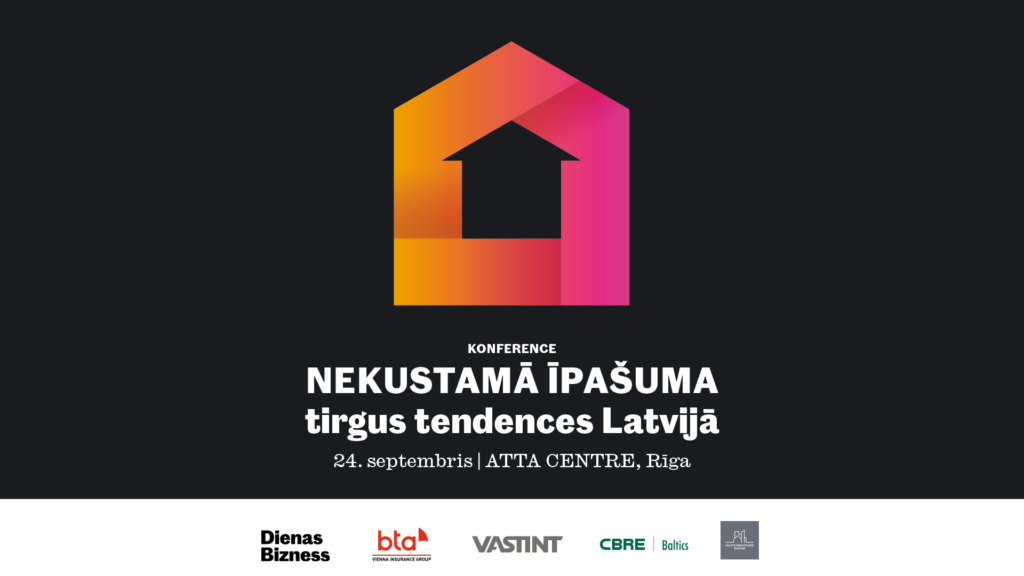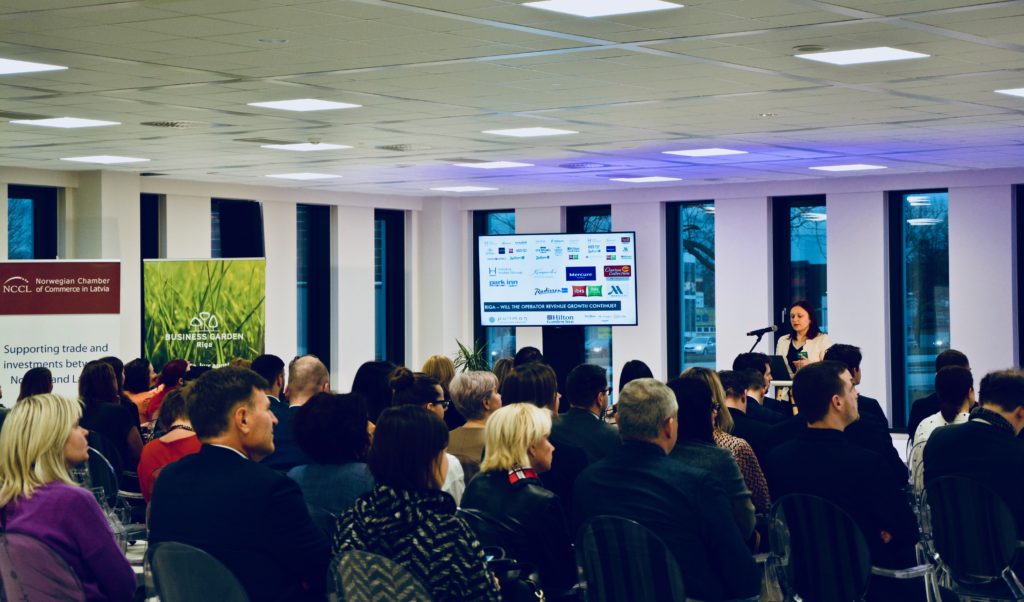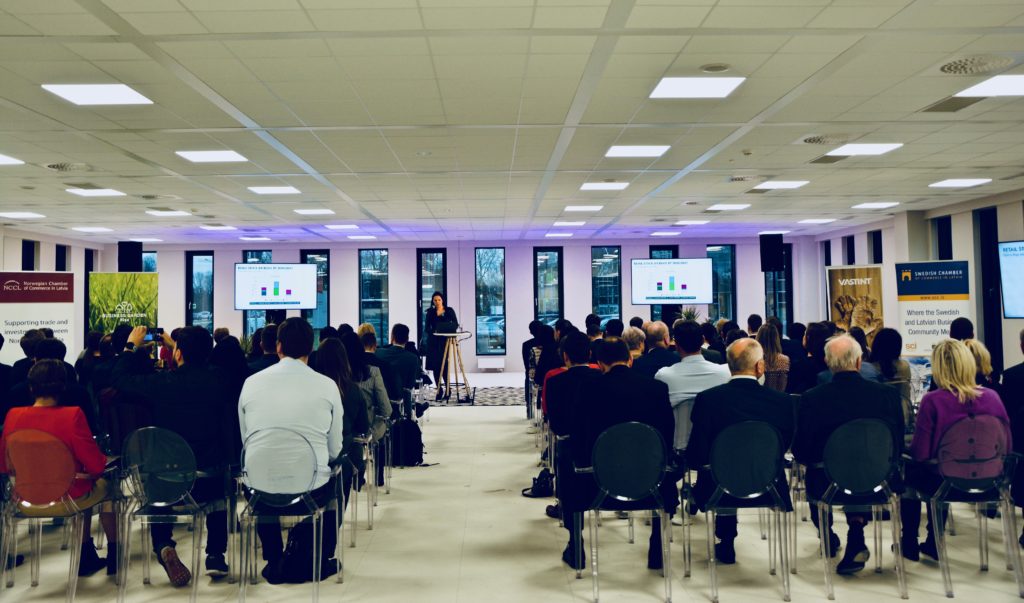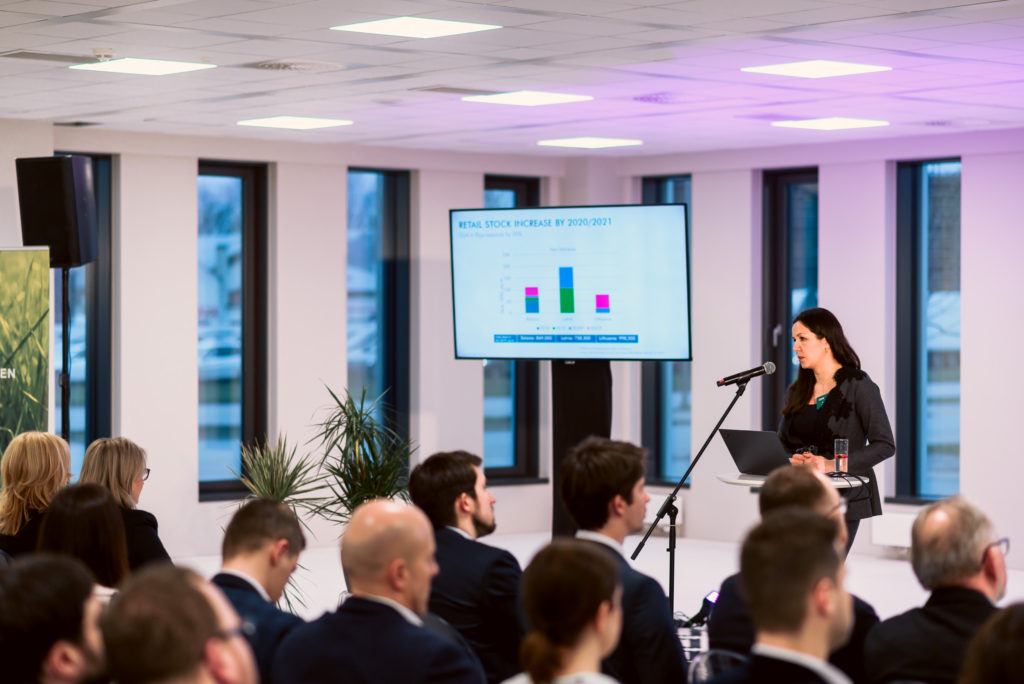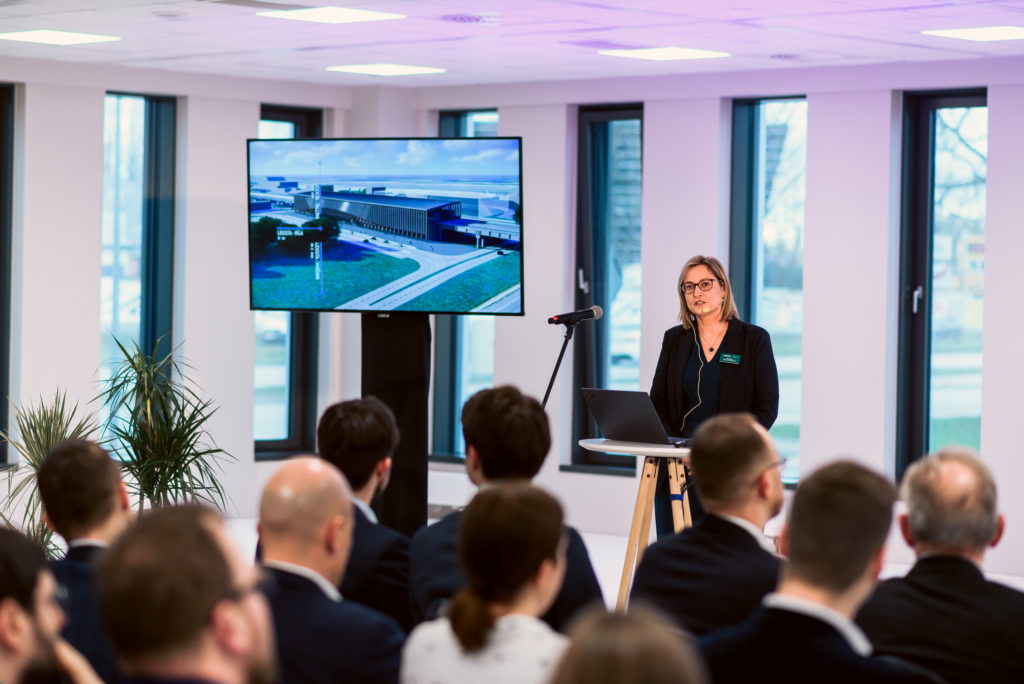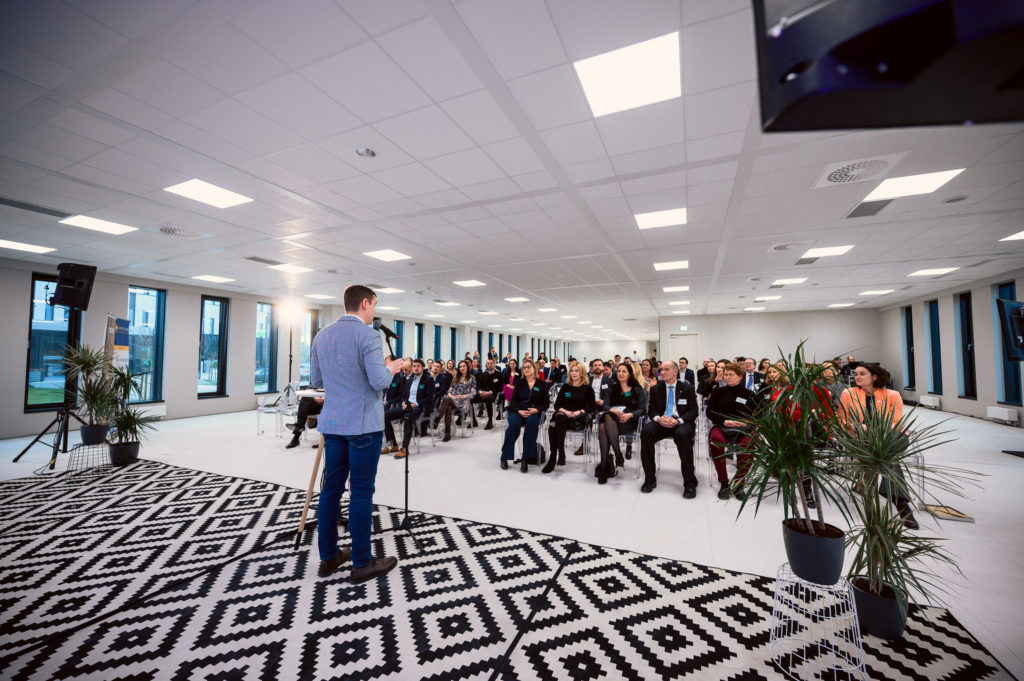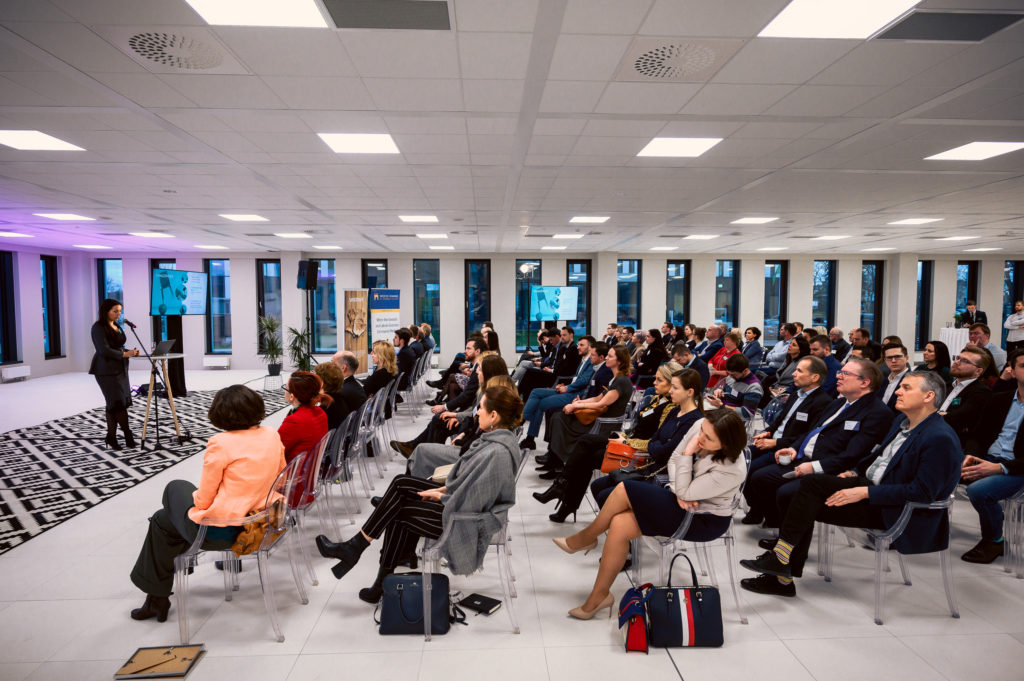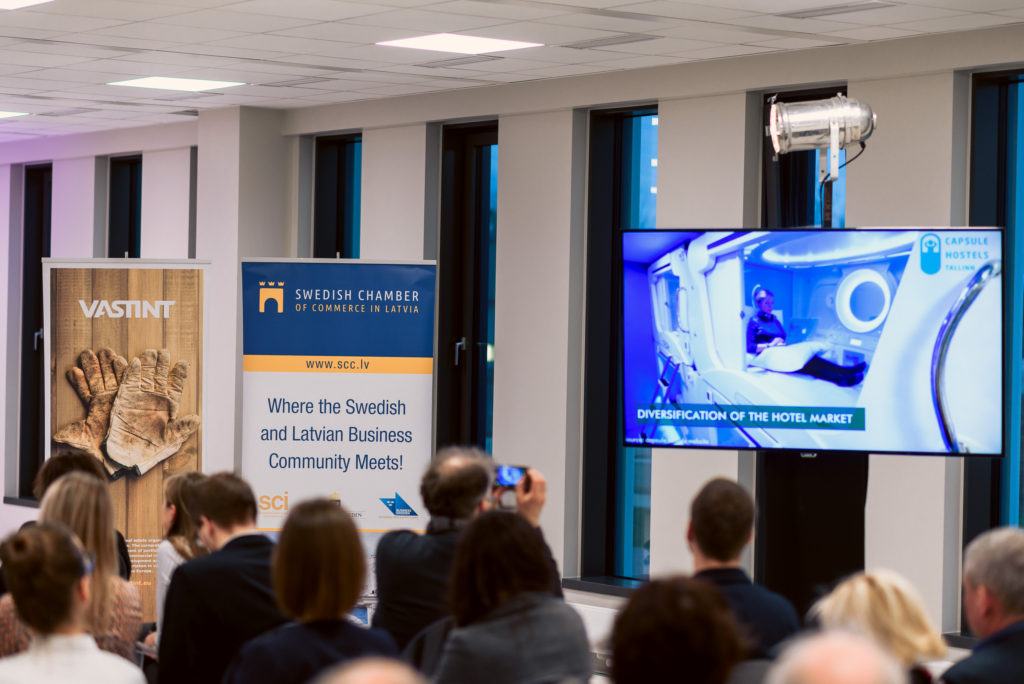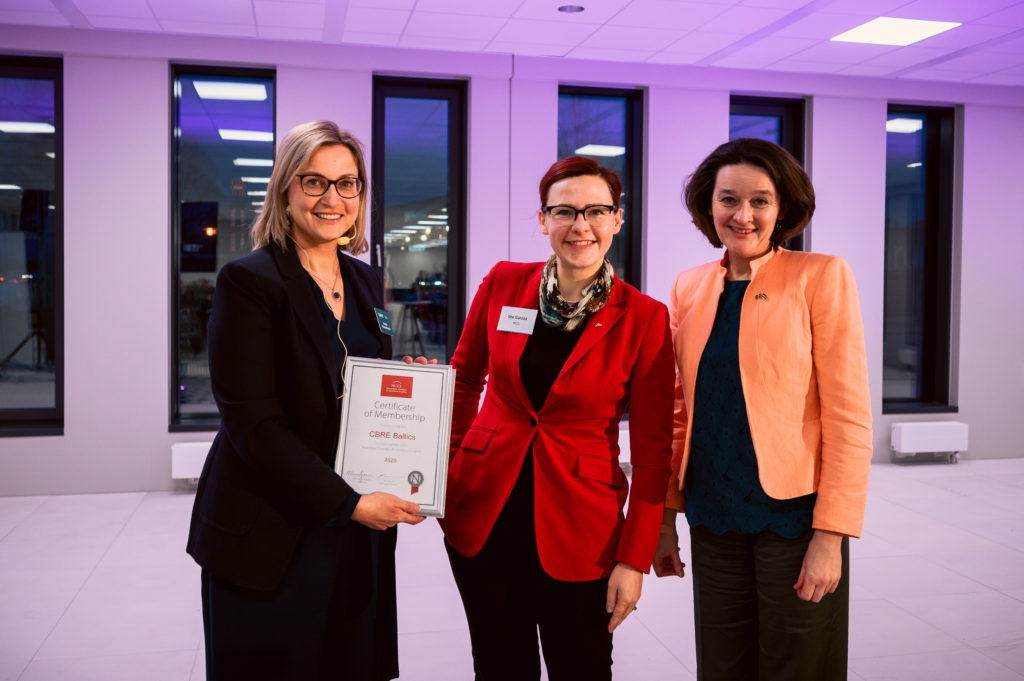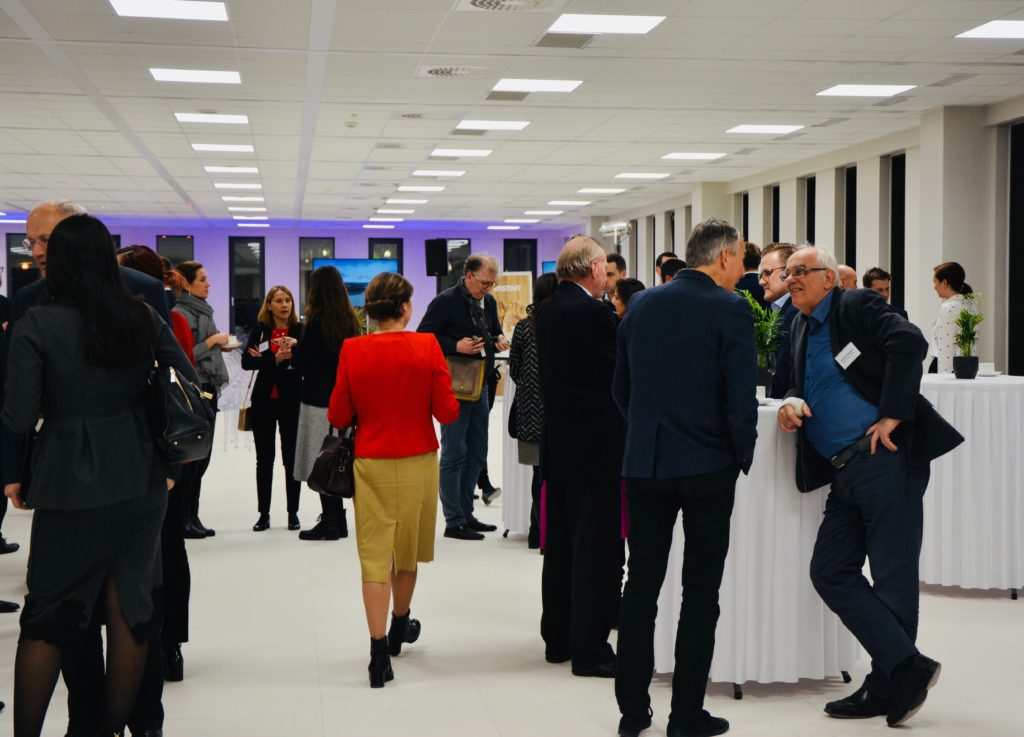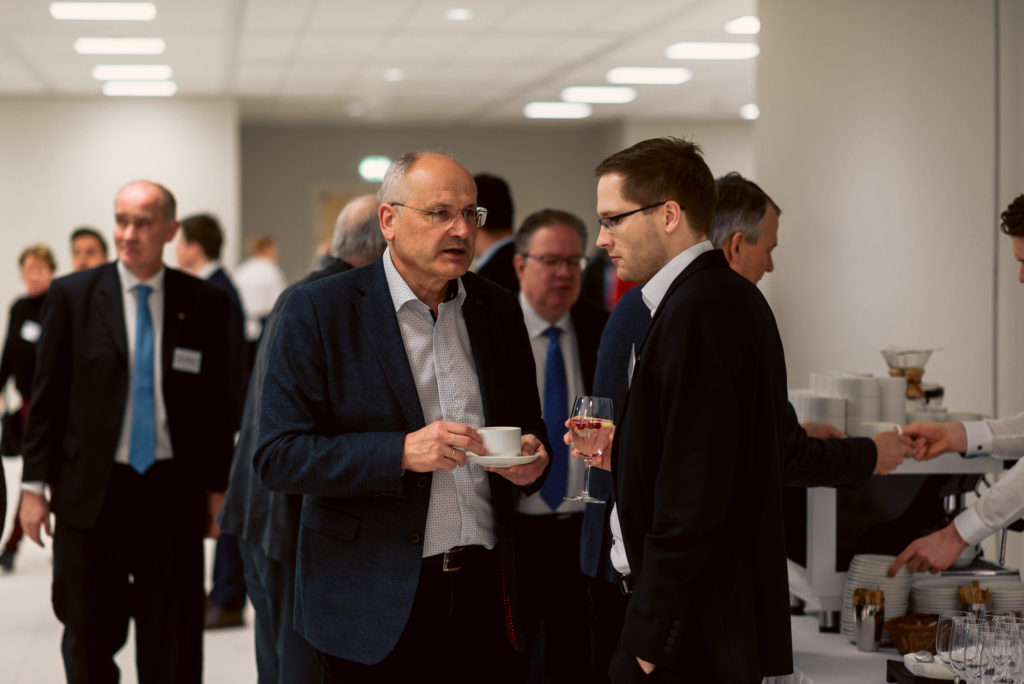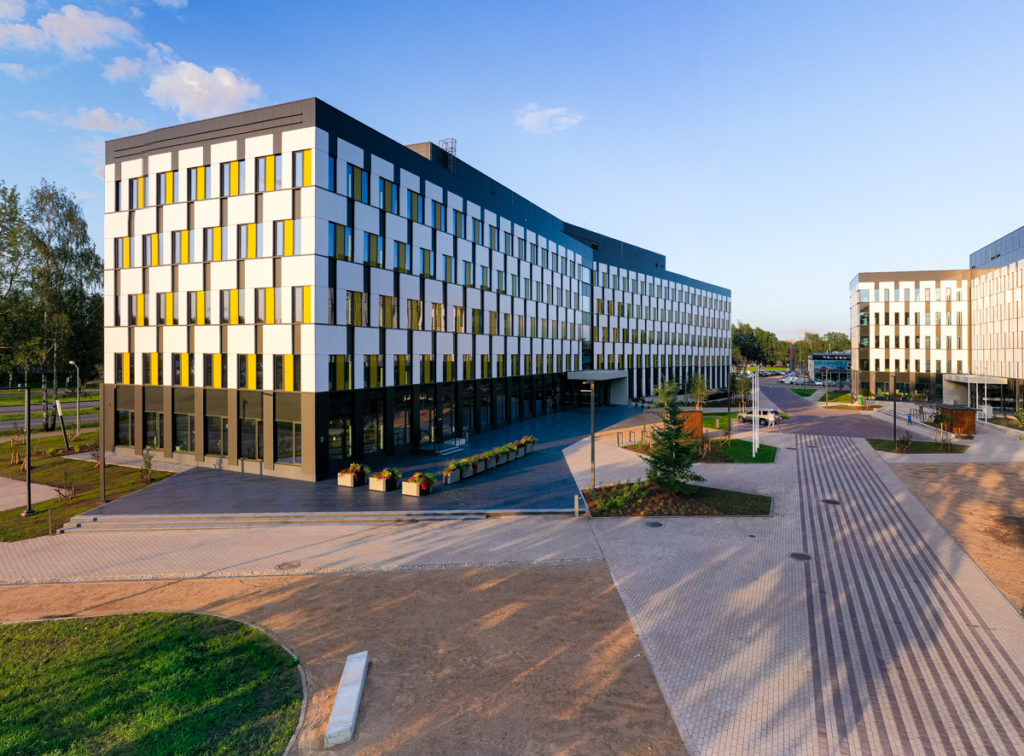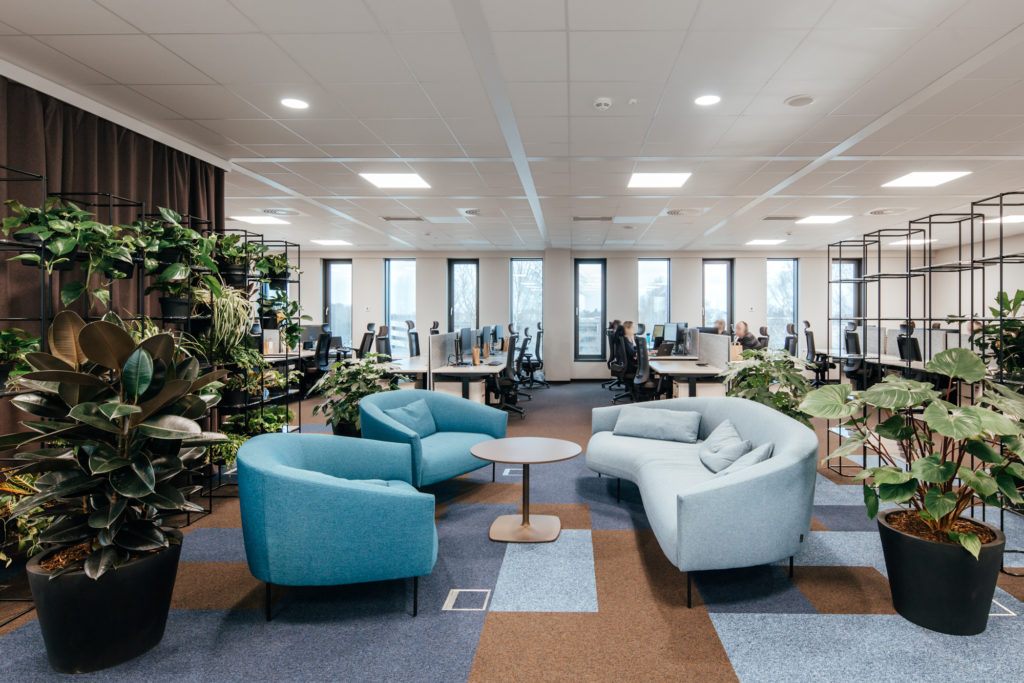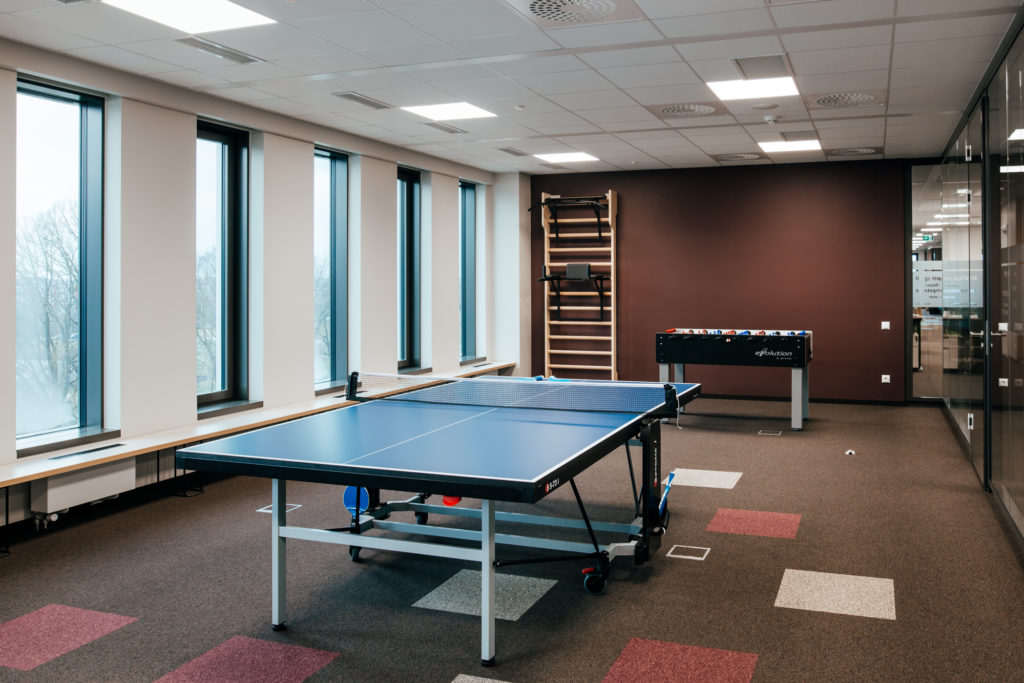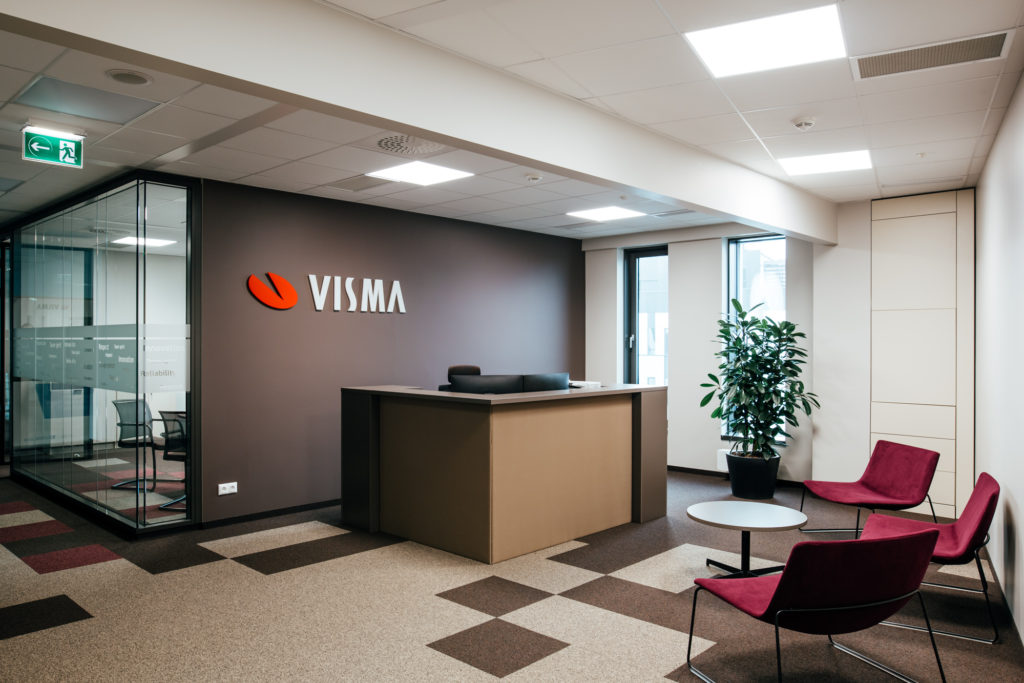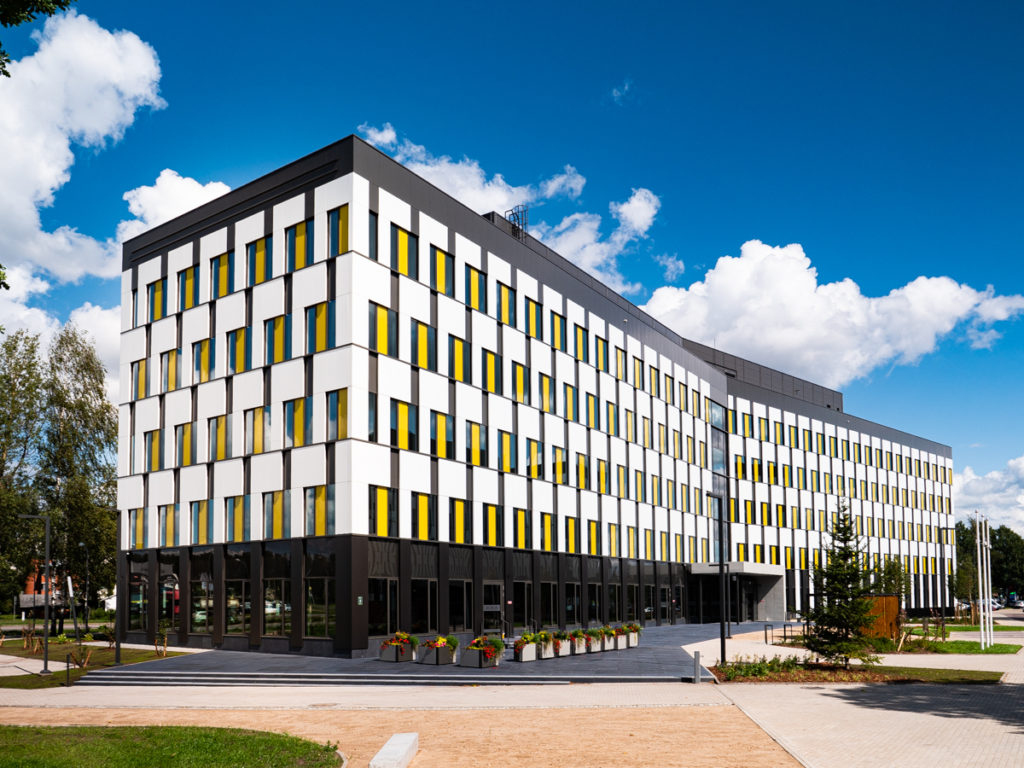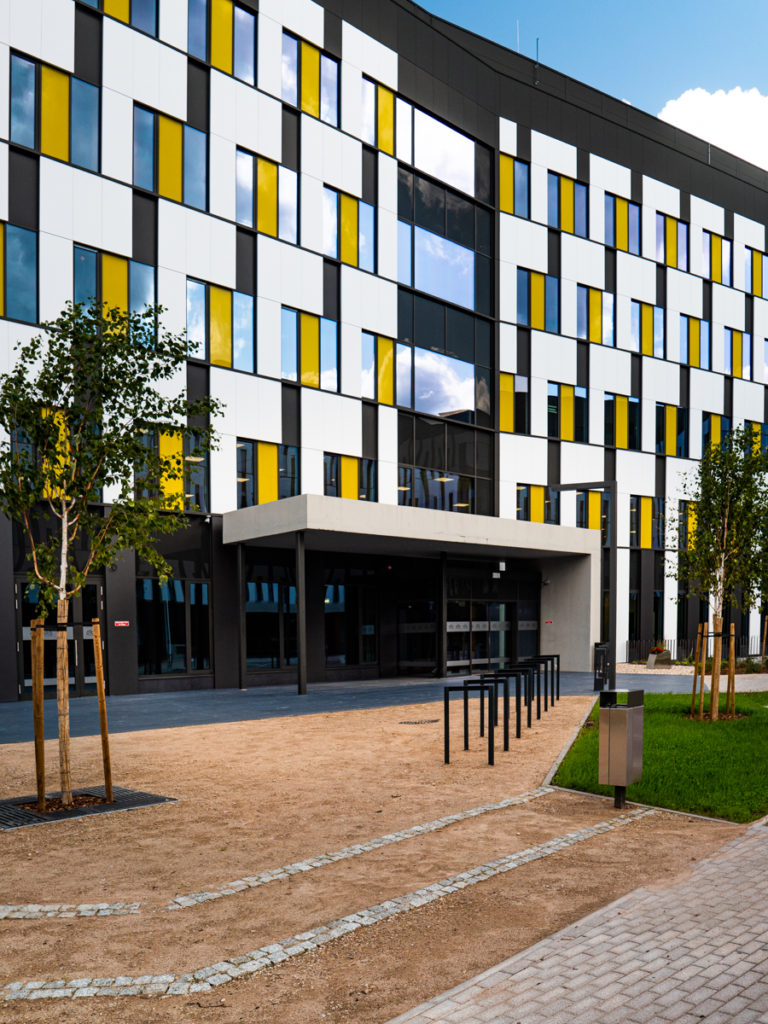March 17, 2021
What will be different in the future?
1.Remote work is here to stay.
Remote work desires are (and have been) growing. Organizations are preparing to meet this demand, and future competition for talent will take place over the battlegrounds of not just flexible work policies, but also flexible work support such as stipends, home office equipment, and technologies. Organizations will also need to focus on maintaining and strengthening their culture for remote employees.
2.The office is here to stay, too.
The physical office still has a role to play even in a more mobile future, but it will be designed to support flexibility and choice. Companies will rethink the role of a single HQ in favor of a broader ecosystem of work sites that may include regional offices, coworking spaces, and home to support increasing and ongoing mobility.
3. Space allocations will favor “we space” over “me space.”
To influence employees to use the office as their destination of choice, occupiers must rethink what their offices can deliver that is unique compared to the experience of working remote.
The office’s new purpose will be to provide a venue for community, culture and collaboration. Employees will be spending less time on individual/focused tasks while on-site and more time collaborating, networking and socializing. The composition of the office will adjust to reflect this change.
4. Conferencing will adapt to “mixed presence” collaboration.
Technology that connects on-site employees to remote employees will become standard builds in conference rooms. Tools such as virtual whiteboarding software, smartboards, synchronous and asynchronous communication platforms and large format telepresence devices will lessen the disadvantages of virtually joining an in-person meeting.
5.Amenities strategies will focus on hospitality and services.
To create a “magnetized” office that people want to come to, amenities will focus on creating a welcoming environment, supporting employee health & well-being and enhancing the convenience of working on-site.6.Desk sharing occupancy strategies will continue to grow in popularity.
6.Desk sharing occupancy strategies will continue to grow in popularity.
“Free-address” occupancy strategies that entail desk sharing — with enhanced cleaning protocols to support health and safety — are an increasingly attractive solution for occupiers that wish to optimize office utilization in a more mobile future world.
Larger occupiers will experiment with desk reservation systems to facilitate the transition.
7.Employees will demand more “elbow room.”
The pandemic will have a lasting impact on employee consciousness of health and well-being in the workplace. Beyond requirements for physical distancing, workstations and conference rooms will continue to be reconfigured to allow for greater separation between employees. Occupiers will not necessarily need to buy new, larger furniture standards though. Most will address these concerns via neighborhood planning and circulation.
8.Healthy building design and operation will take center stage.
COVID-19 has underscored the connection between buildings and wellness. As landlords and employees compete for tenants and employees respectively, differentiated workplace environments will be those that innovate in the field of well-being in the workplace and address a broad spectrum of health beyond just the physical.
9.How we define and measure workplace performance will change.
If workplaces exist to support the business enterprise and the people who occupy them, CRE success metrics should present a balanced scorecard and align to broader company goals. People-centric measures will become more common in the future to reflect the holistic intentions of workplace design.
10.Partnerships between CRE, HR and IT will strengthen.
More than ever before, delivering a high-performing workplace experience will depend on the thoughtful integration of space, people and technology. To navigate this interdisciplinary field, we will likely see an evolution in the role of “Head of Corporate Real Estate” towards a more elevated and strategic position of “Chief Places Officer.”
THE TOP 5 SKILLS OF THE CHIEF PLACES OFFICER:
More than ever before, delivering a high-performing workplace experience will depend on the thoughtful integration of space, people and technology. To navigate this interdisciplinary field, we will likely see an evolution in the role of “Head of Corporate Real Estate” towards a more elevated and strategic position of “Chief Places Officer.”
- Superior command of the core business
- Financial acumen
- Exceptional collaboration and partnering skills
- A forward-thinking visionary
- Leadership skill born in brick and mortar, but with an emphasis on hearts and minds



